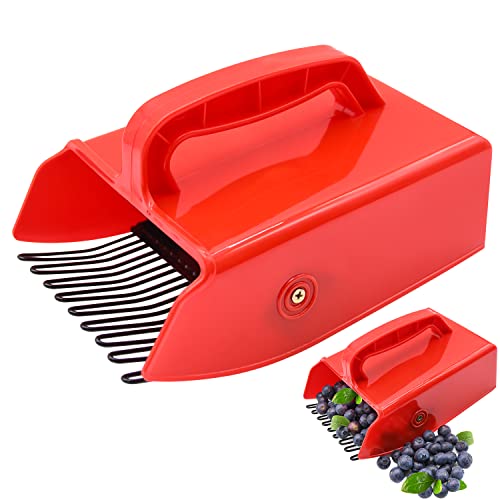When and how to harvest cranberries – and get ripe fruits for your holiday dinner plates
How to identify a ripe cranberry, along with expert harvesting tips
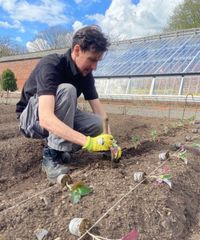
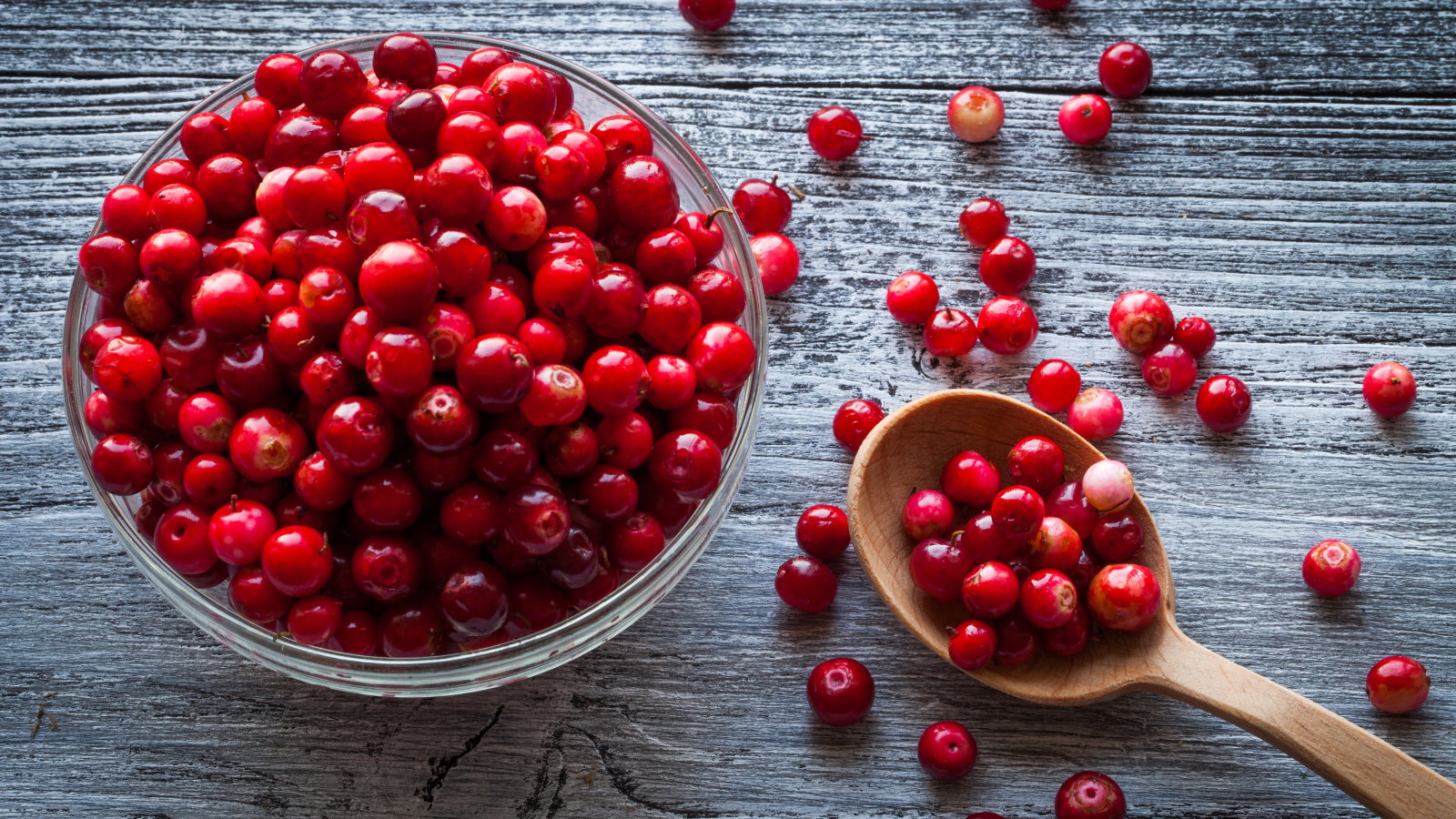
Cranberries grow on small shrubs and vines and the edible red fruits are an annual staple in Thanksgiving and Christmas dinners. Despite being an unusual crop for home gardeners, you can harvest cranberries from your yard by growing them in containers or raised beds.
Cranberries are harvested in the cooler months of fall and are used in sauces, jams, and juices, or dried. You want to harvest cranberries at their peak ripeness as unripe ones are less tart and the quality diminishes if they get overripe.
If you are growing cranberries and have questions about harvesting, this guide is here to help. It looks at the key signs that show a cranberry is ripe and reveals the best way to harvest cranberries at home for all your culinary needs.
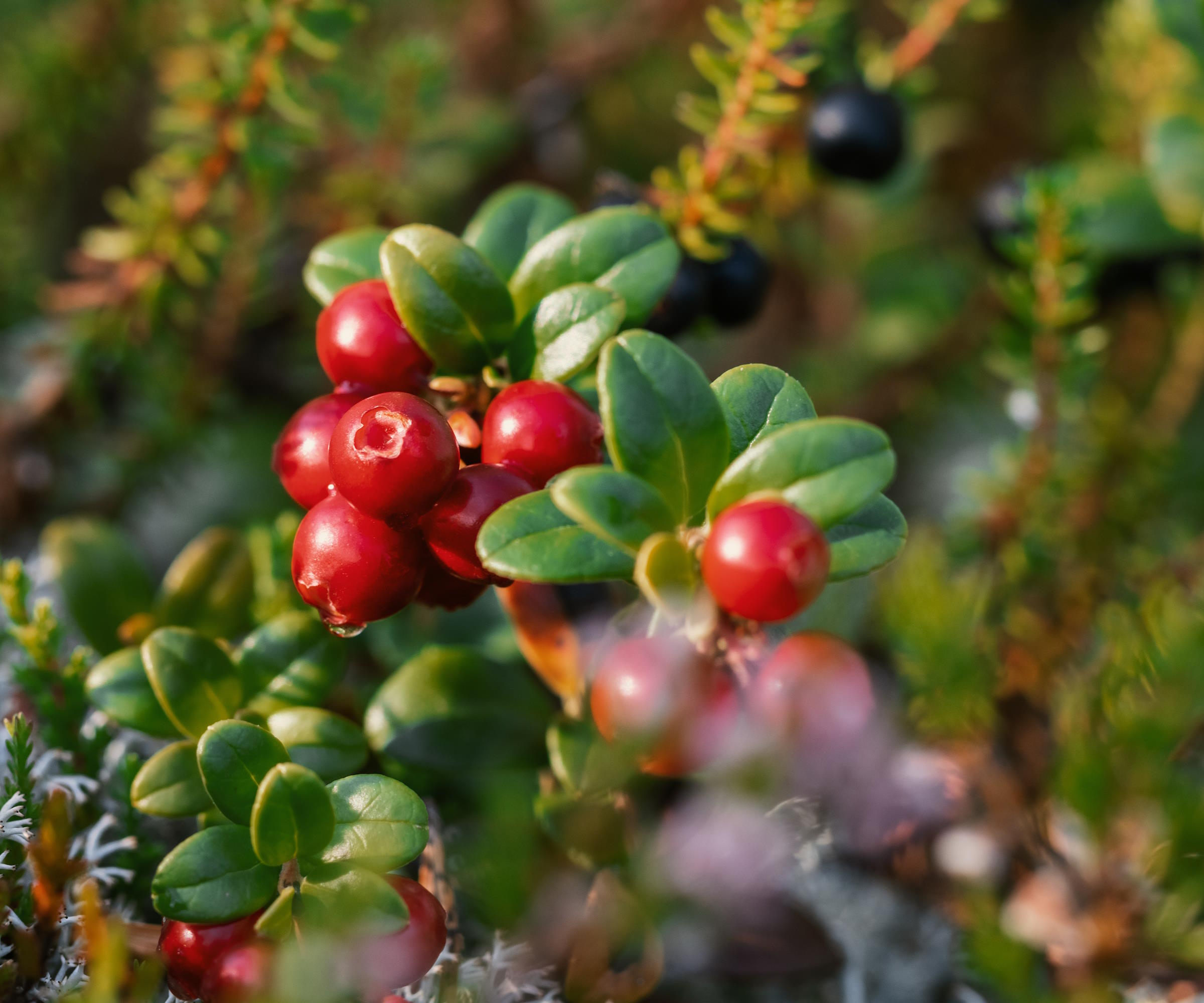
Harvest cranberries when they turn deep red or burgundy
Discover when and how to harvest cranberries
To help explain all you need to know to pick ripe fruits, I got expert advice about when and how to harvest cranberries.
When to harvest cranberries
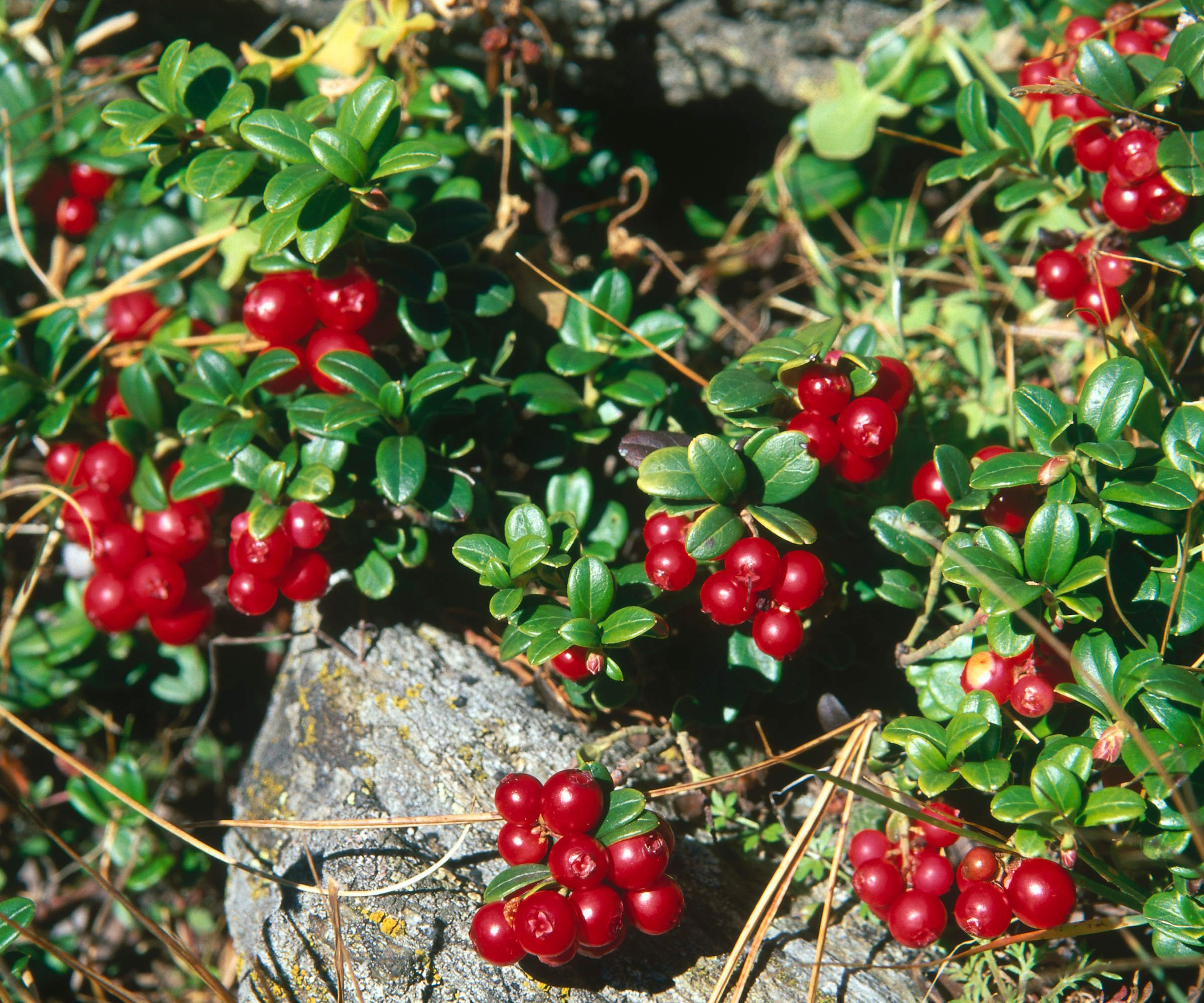
Harvest cranberries before they become overripe
Cranberries are unique fruiting shrubs due to their specific demands for moist and acidic soil types, conditions not readily seen in many backyards. For this reason, many choose to grow cranberries in container gardens or raised beds to create the ideal environment. The best time to plant cranberries comes in spring and it should take 2-3 years from planting to the first harvest of cranberries.
The months to harvest cranberries run from September to early November. When they mature will depend on your location and the growing conditions, but some signs indicate when cranberries are ripe - in the shape of the color, firmness, and seed color.
‘The color of the cranberries should be a deep red,’ advises Tammy Sons, an experienced horticulturist and founder of TN Nursery. ‘The cranberries should also be firm and glossy. The seed inside a ripe cranberry will be brown.’
Design expertise in your inbox – from inspiring decorating ideas and beautiful celebrity homes to practical gardening advice and shopping round-ups.
Another quirky way to tell the firmness of cranberries is to give them a ‘bounce test’ to assess the ripeness. This involves gently dropping a cranberry to see if it slightly bounces. A ripe cranberry will bounce as it has an internal air pocket.
Cranberries can be eaten fresh or used in the kitchen and Katie Brines from Stark Bro’s recommends adjusting when you harvest cranberries depending on their intended use.
‘When using the berries for sauce, jelly or juice pick them slightly under-ripe,’ claims Katie. ‘However, if you are going to eat the berries fresh then plan on picking after a frost so the berries will be soft and sweet.’

Tammy Sons is a horticulture plant expert, garden writer, and educator. Tammy is the CEO and founder of TN Nursery, a thriving online plant nursery based in Altamont, Tennessee.

Katie Brines is a gardener and grower, as well as being part of the small marketing team at Stark Bro's. The nursery has provided quality fruit trees, nut trees, berry plants, and garden plants across America for over 200 years.
How to harvest cranberries
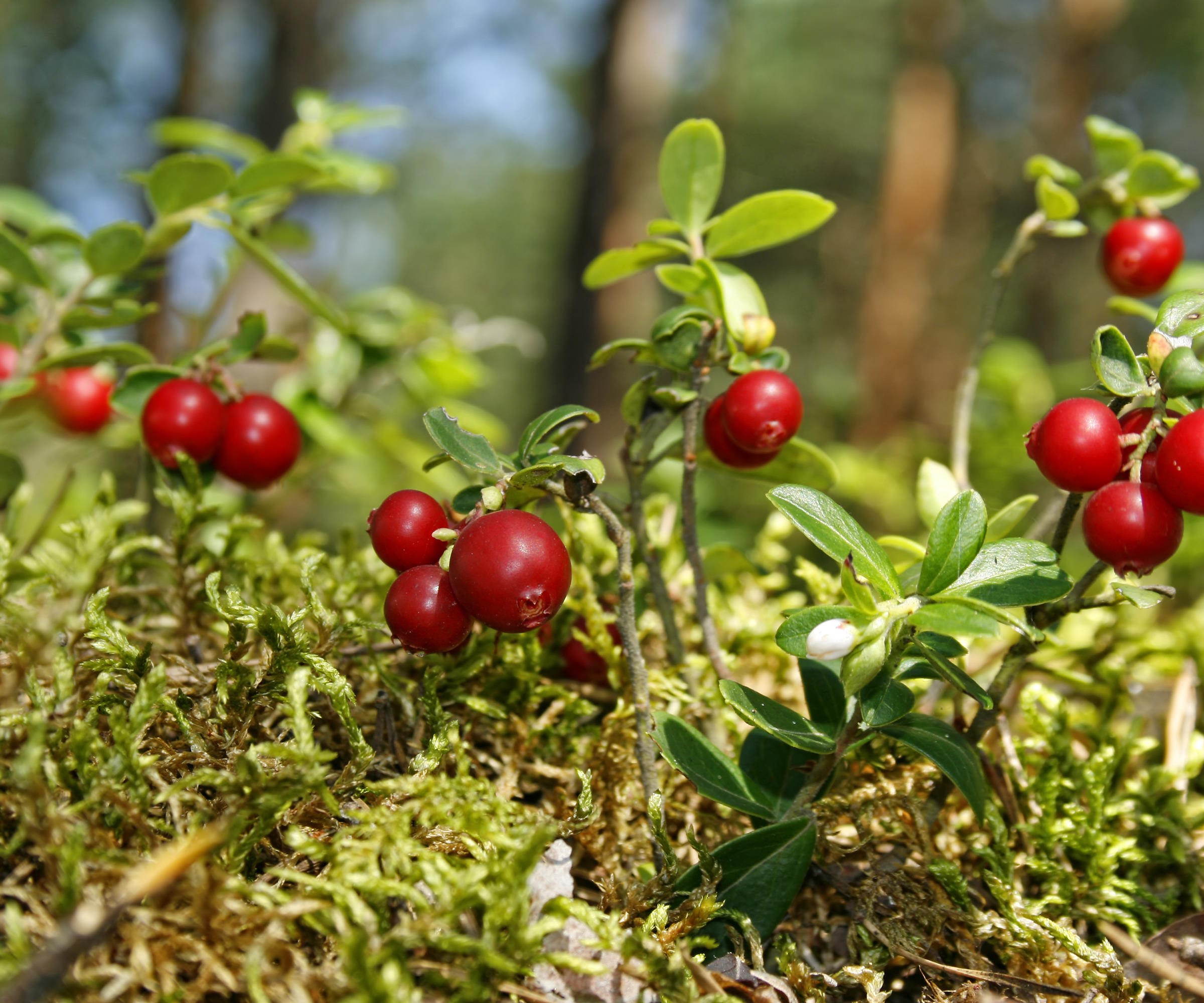
Harvest cranberries from September onwards
Commercial cranberry farmers tend to grow the crop in bogs and harvest the fruits in one of two ways. They either have machines that can remove the cranberries from the vines, or they flood the bogs with water. The air pockets inside cranberries mean that ripe fruits float in the flooded bogs and can be collected.
These methods are fine for large-scale cranberry harvesting, but growers at home with just a few plants are advised to use the dry picking method to harvest cranberries. It is advisable to dry pick on a dry day, as moisture on the fruits from rain, frost, or dew can make removing the fruits from the vine more difficult.
Run your hands, or a berry picker, through the vines to loosen the berries from the vine. Place a harvesting basket or container under the plant to collect the cranberries as they detach from the plant. A stylish and lightweight harvesting hod like this one on Amazon is well suited to being held under plants to harvest the fruits into.
Gently and methodically work your way through the vines to get all the fruits. Ripe cranberries should come away easily, so do not pull too hard when picking as it can be a harvesting mistake that can damage the vines.
FAQs
How do you ripen cranberries after picking them?
Cranberries can be encouraged to ripen after harvesting by putting them in a sealed paper bag. The fruits will give off ethylene and speed up the ripening process. Adding an apple or banana to the bag can further accelerate ripening.
Can you eat raw cranberries?
Cranberries can be eaten raw, though have a very sour and bitter taste. They are often cooked with sugar added to combat that sharp taste. Freshly harvested cranberries can be kept for up to two months in a refrigerator or can be frozen to store for longer.
How do you dry cranberries?
Cranberries can be dried in an oven by laying them in a single layer on a baking sheet and placing them in an oven set at its lowest setting for up to eight hours.
Cranberries are just one of many crops you can cultivate to grow your own Christmas dinner. If you have a vegetable garden and want homegrown crops for festive plates, plant vegetables such as potatoes, carrots, broccoli, and Brussels sprouts in summer to be ready to harvest come December.

Drew has worked as a writer since 2008 and was also a professional gardener for many years. As a trained horticulturist, he worked in prestigious historic gardens, including Hanbury Hall and the world-famous Hidcote Manor Garden. He also spent time as a specialist kitchen gardener at Soho Farmhouse and Netherby Hall, where he grew vegetables, fruit, herbs, and cut flowers for restaurants. Drew has written for numerous print and online publications and is an allotment holder and garden blogger. He is shortlisted for the Digital Gardening Writer of the Year at the 2025 Garden Media Guild Awards.
